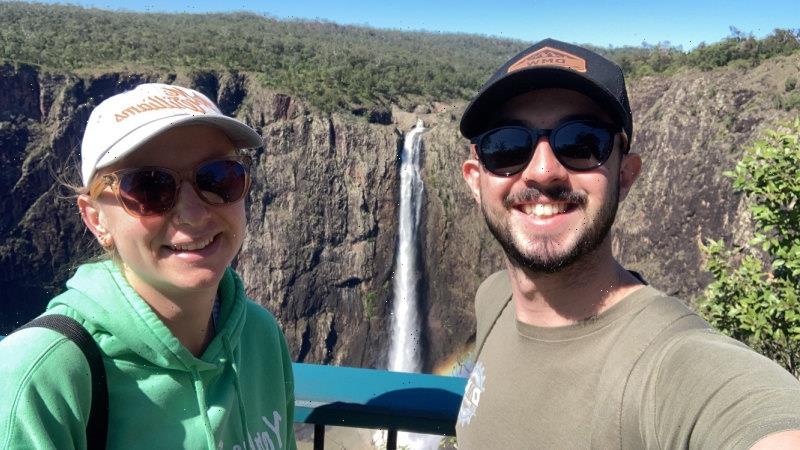Australia will urge key allies to collaborate to supercharge a transition away from fossil fuels when it hosts Pacific regional powers in a Quad energy meeting this week, opening the door to international investment in Australian clean technology as the world grapples with an energy crisis.
“If you think about the great economic challenge under way, if you think about the national security challenges under way, they all come back to energy,” Climate and Energy Minister Chris Bowen told The Sydney Morning Herald and The Age ahead of Tuesday’s Sydney Energy Forum.
Federal Climate Change and Energy Minister Chris Bowen. Credit:James Brickwood
“It’s not a security conference as such but as we keep saying these are security issues, so that will be embedded into discussions,” Bowen said.
China is currently responsible for about 90 per cent of global critical minerals, which are needed for renewables and clean energy technologies. Developed nations, including the US, are hunting for alternative supplies to reduce their dependence on China and Australia’s abundant deposits of these materials is a focus for development.
Bowen said regional collaboration to diversify energy supply chains would boost national security, which for many countries has come under strain in soaring prices for energy, caused by a global supply crunch following international bans on Russia’s coal and gas exports.
Tuesday’s forum will see Bowen and Prime Minister Anthony Albanese meet with US Energy Secretary Jennifer Granholm, Japan’s Economic Trade and Industry Minister Kōichi Hagiuda and India’s Power Renewable Energy Minister Raj Kumar Singh as part of the nations’ Quad partnership. Indonesia’s Energy and Resources Minister Arifin Tasrif will be a special inclusion as a Pacific-region ally.
“The point I’ll be making in discussions is the Indo-Pacific region is responsible for almost half the world’s emissions but we’re also key players in the solution with our access to critical minerals and … Japan, India, the US, and Indonesia are key parts of the puzzle,” Bowen said.
“The more we’re working together the better off we are in our national interest, to be embedding the things closely in the relationship with our key ally in the US, and with our close friends and partners across the board.”
The federal government’s manifesto for the quad forum warns that clean energy supply chains are becoming highly concentrated “with reliance on a limited number of producers giving rise to supply risks”.
“If this concentration of critical clean energy inputs persists as our reliance on clean energy increases, localised disruptions could have significant implications for energy security and our economies,” it said.
The International Monetary Fund said last year there would be an $18 trillion increase in critical minerals and Australia, with its major deposits of lithium, cobalt, and nickel, was among the best-placed nations to capitalise on the boom.
Australian miner Lynas has been contracted by the Pentagon to process rare earth minerals, which are used in weapons manufacturing, at a US facility and President Joe Biden has said the US must help fund other mineral projects to boost its national security. Securing capital investment for project development is a key hurdle for most Australian miners.
Labor went to the May election promising to boost local manufacturing with a focus on low-emissions technology including critical mineral processing and batteries for vehicles and large-scale energy storage.
“We want to see more renewable and battery storage manufacturing in Australia and there may well be things that we can progress with key partners to make that more reality,” Bowen said of the upcoming forum.
The Australian Renewable Energy Agency has world-leading expertise and “locking them in more closely with the US counterparts is something we’ll be seeking to progress”, Bowen said. He will host Kumar Singh on a visit to the University of NSW School of Photovoltaic and Renewable Energy Engineering.
Cut through the noise of federal politics with news, views and expert analysis from Jacqueline Maley. Subscribers can sign up to our weekly Inside Politics newsletter here.
Most Viewed in Politics
From our partners
Source: Read Full Article


